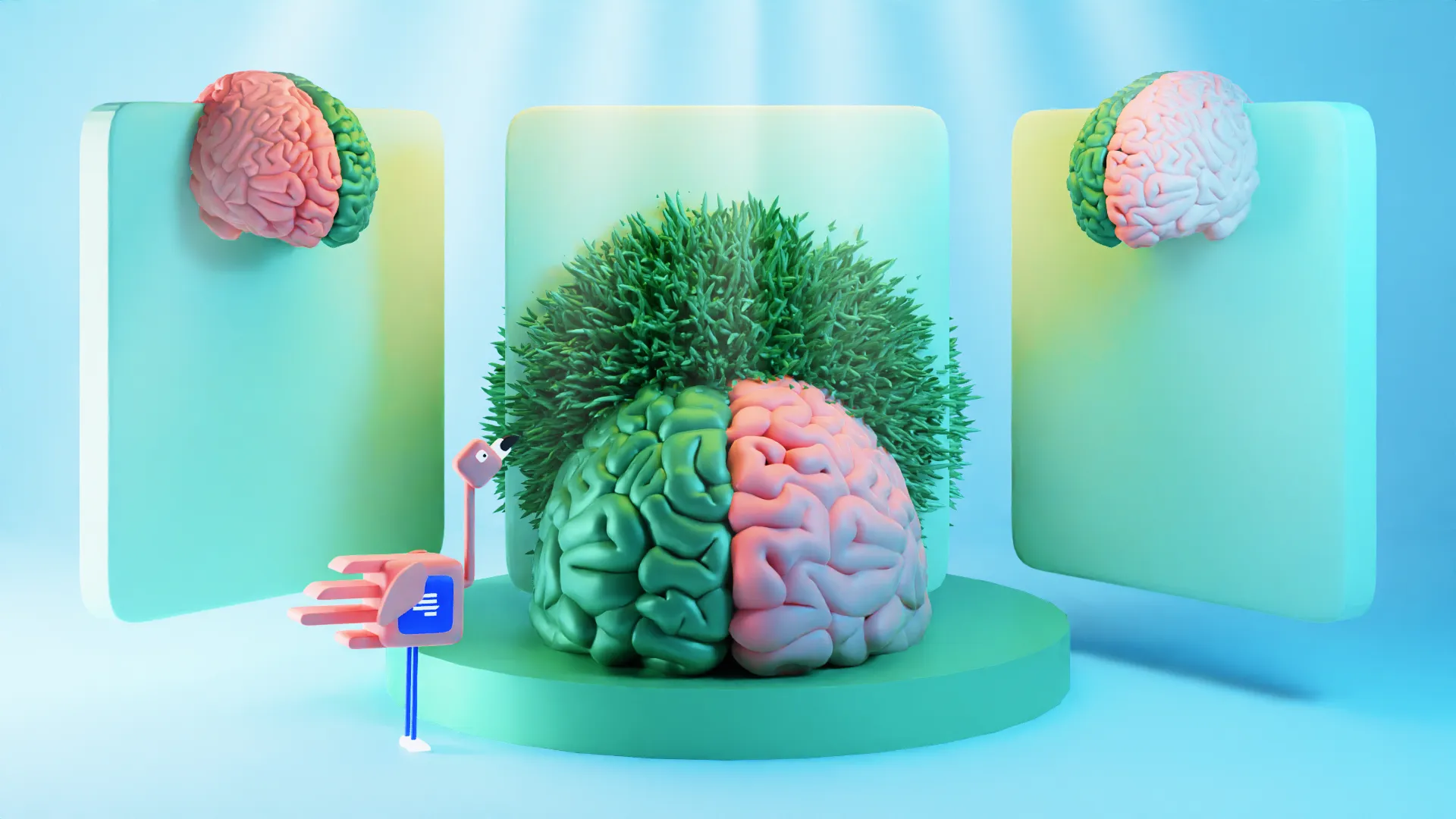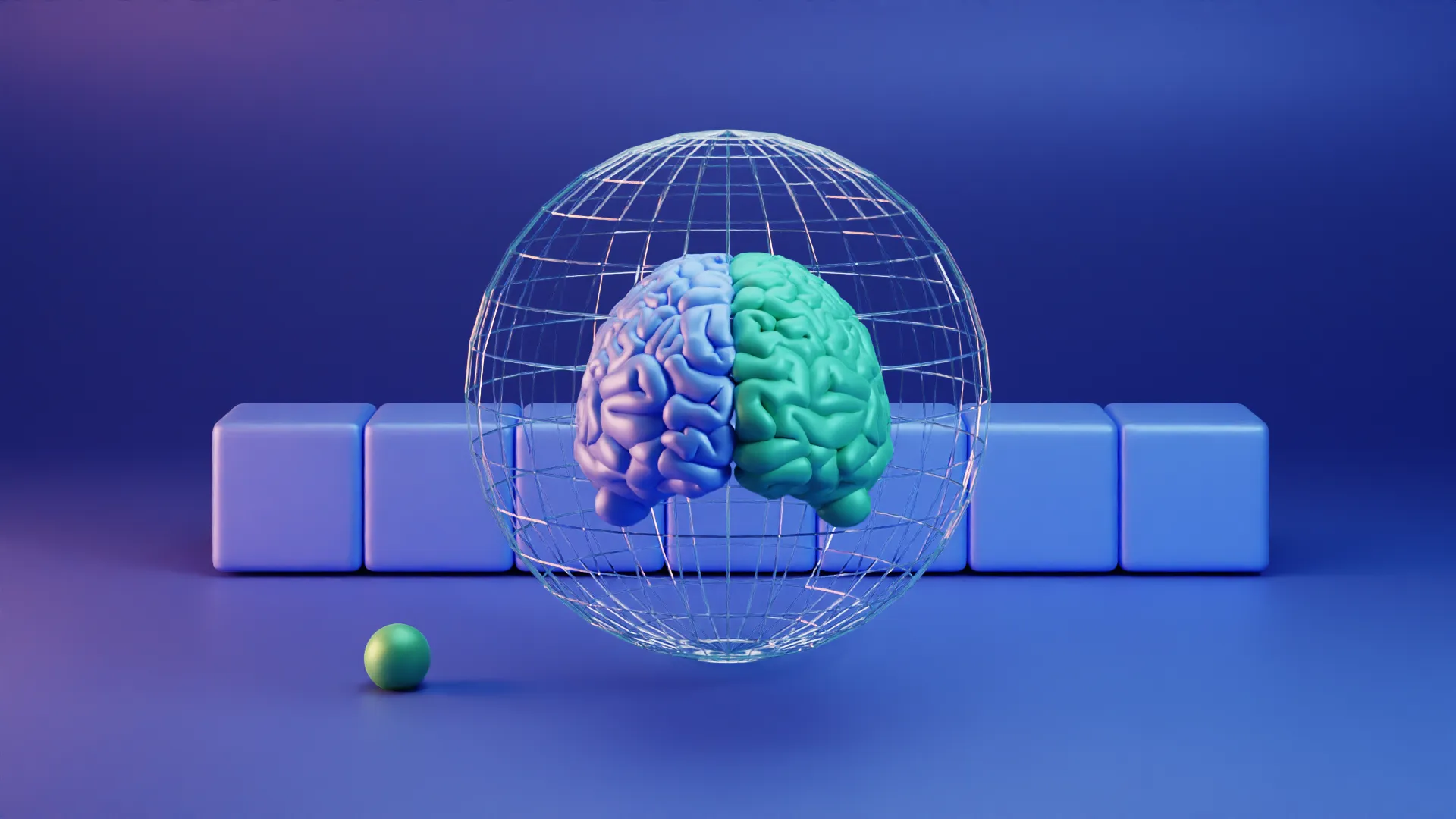
As we step into 2024, the landscape of Artificial Intelligence (AI) and Machine Learning(ML) continues to evolve, with AI models and machine learning models playing pivotal roles in various sectors. This article explores the key trends inAI and ML, grouped into thematic areas for a holistic understanding.

The democratization of AI aims to make advanced AI tools and technologies accessible to a broader audience. In 2024, AI-as-a-Service (AIaaS) platforms will become more prevalent, offering user-friendly interfaces and pre-built models. Companies like Google, Microsoft, and Amazon are at the forefront of this movement, enabling small businesses and independent developers to integrate AI without deep technical expertise. Machine learning technology is significantly contributing to the democratization of AI by making it easier to implement in various applications.
Edge AI involves processing AI algorithms locally on devices rather than relying on cloud services. This trend addresses the need for faster processing, reduced latency, and improved data privacy. In 2024, the proliferation of IoT devices will drive the adoption of Edge AI, enabling real-time decision-making in smart homes, autonomous vehicles, and industrial automation.
As AI systems become more integral to decision-making, the demand for explainable AI grows. Explainable AI (XAI) aims to make AI decisions transparent and understandable to humans. In 2024, advancements in XAI will be crucial for sectors like healthcare and finance, where transparency and accountability are paramount.
With the widespread adoption of AI, ethical considerations and governance frameworks are essential to ensure responsible AI development. In 2024, we expect comprehensive regulations and industry standards to address issues such as bias, privacy, and accountability in AI. Organizations will invest in ethical AI practices, including unbiased algorithms, data privacy, and robust governance structures. Additionally, the ethical implications of machine learning systems, particularly in terms of bias and accountability, will be a significant focus, especially in applications like hiring practices and facial recognition software.

AI is set to revolutionize healthcare by improving diagnostic accuracy, personalizing treatment plans, and enhancing patient care. In 2024, AI-powered systems will become more integrated into clinical workflows, assisting doctors in diagnosing diseases, predicting patient outcomes, and optimizing hospital operations. Machine learning algorithms will play a crucial role in predicting patient outcomes and optimizing hospital operations.
The financial industry will continue to leverage AI for enhanced fraud detection, automated trading strategies, and personalized financial advice. In 2024, machine learning algorithms will analyze financial data to identify trends, assess risks, and optimize investment portfolios, transforming how financial institutions operate. Generative AI will also be used for creating personalized financial advice and automated trading strategies.
With increasing cyber threats, AI for cybersecurity will be critical in protecting digital assets. In 2024, AI and ML will detect and respond to cyber threats in real-time, predict vulnerabilities, and automate security processes, helping organizations stay ahead of cybercriminals.
Autonomous systems, including self-driving cars, drones, and robotic process automation (RPA), will see significant advancements in 2024. AI and ML will enable these systems to perform complex tasks with minimal human intervention, improving efficiency in transportation, manufacturing, and logistics.
The integration of AI with quantum computing holds immense potential for solving complex problems. In 2024, early advancements in this area will pave the way for breakthroughs in fields such as drug discovery, optimization problems, and material science. Additionally, artificial neural networks, particularly in deep learning, can enhance quantum AI applications by processing extensive amounts of data and determining the 'weight' of each link in the network.
AI-driven personalization will continue to transform customer experiences. In 2024, AI will enable hyper-personalized interactions by analyzing vast amounts of data to understand individual preferences and behaviors, impacting industries like e-commerce, entertainment, and marketing.

AI will play a significant role in addressing climate change by optimizing energy usage, predicting environmental changes, and developing sustainable solutions. In 2024, AI applications will support renewable energy management, climate modeling, and conservation efforts. The importance of high-quality training data in developing accurate climate models and sustainable solutions cannot be overstated, as it ensures the reliability and effectiveness of these AI-driven approaches.
Smart cities will rely on AI technologies to optimize urban infrastructure, improve public services, and enhance the quality of life for residents. In 2024, AI will manage traffic flow, reduce energy consumption, and enhance public safety through advanced data analytics.
AI will transform education by providing personalized learning experiences and supporting educators. In 2024, AI-driven platforms will adapt to individual student needs, offering customized educational content and assessments, making learning more engaging and accessible.
AI applications in mental health will offer new ways to diagnose, monitor, and treat mental health conditions. In 2024, AI-powered tools will assist in identifying early signs of mental health issues, providing personalized therapy recommendations, and offering virtual support.
AI will continue to expand the boundaries of creativity in art, music, and content creation. In 2024, AI algorithms will assist artists, musicians, and writers in generating new ideas and creating original works, enhancing the creative process and producing personalized content. Natural language processing enables AI to assist in generating new ideas and creating original content by understanding and responding to human language.
AI will streamline HR processes, including recruitment, talent management, and employee engagement. In 2024, AI-powered tools will assist HR professionals in screening resumes, conducting interviews, and developing personalized career development plans.
The integration of AI and robotics in healthcare will improve patient care and operational efficiency. In 2024, robotic surgery, AI-assisted diagnostics, and automated hospital logistics will become more prevalent, enhancing the overall quality of care. Supervised machine learning models are being used to train robotic systems for precise surgical procedures, allowing these systems to learn and grow more accurate over time.
AI will revolutionize agriculture by enhancing efficiency, productivity, and sustainability. In 2024, AI-powered robots and drones will assist in planting, harvesting, and monitoring crop health, optimizing farming practices and reducing environmental impact.
AI will play a crucial role in advancing space exploration by analyzing data from space telescopes, satellites, and rovers. In 2024, AI-powered systems will help plan and execute space missions, optimize spacecraft operations, and support scientific research.

The focus on ethical AI development will intensify in 2024, with efforts to mitigate biases, ensure data privacy, and develop responsible AI frameworks. Collaboration between industry, academia, and government will be crucial in establishing guidelines for ethical AI. Additionally, the potential of unsupervised machine learning in discovering new patterns and insights without labeled data will play a significant role in developing new AI applications.
The integration of AI with decentralized finance (DeFi) platforms will unlock new opportunities for liquidity and investment. In 2024, AI will enhance DeFi applications by providing data-driven insights, optimizing trading strategies, and improving financial inclusivity.
The trends in AI and ML for 2024 highlight the transformative potential of these technologies across various sectors. From enhancing transparency and ethical governance to revolutionizing industries and addressing societal challenges, AI and ML will continue to drive innovation and improve the quality of life. Neural networks, with their role in driving AI and ML advancements, are crucial in this evolution. Staying informed about these trends will help businesses and individuals harness the full potential of AI and ML, paving the way for a more advanced and connected future.
